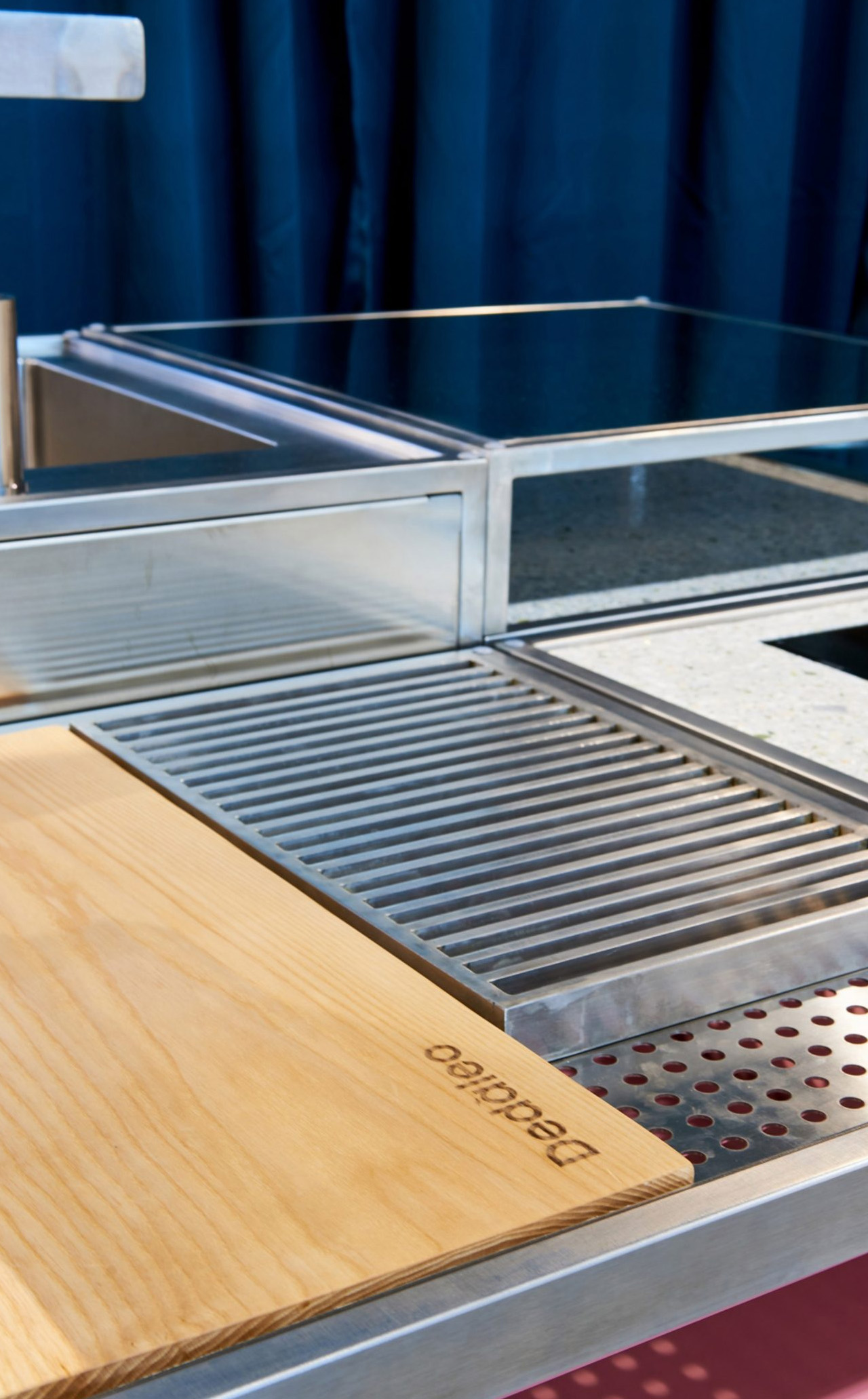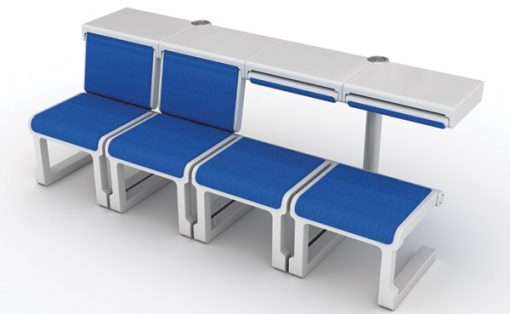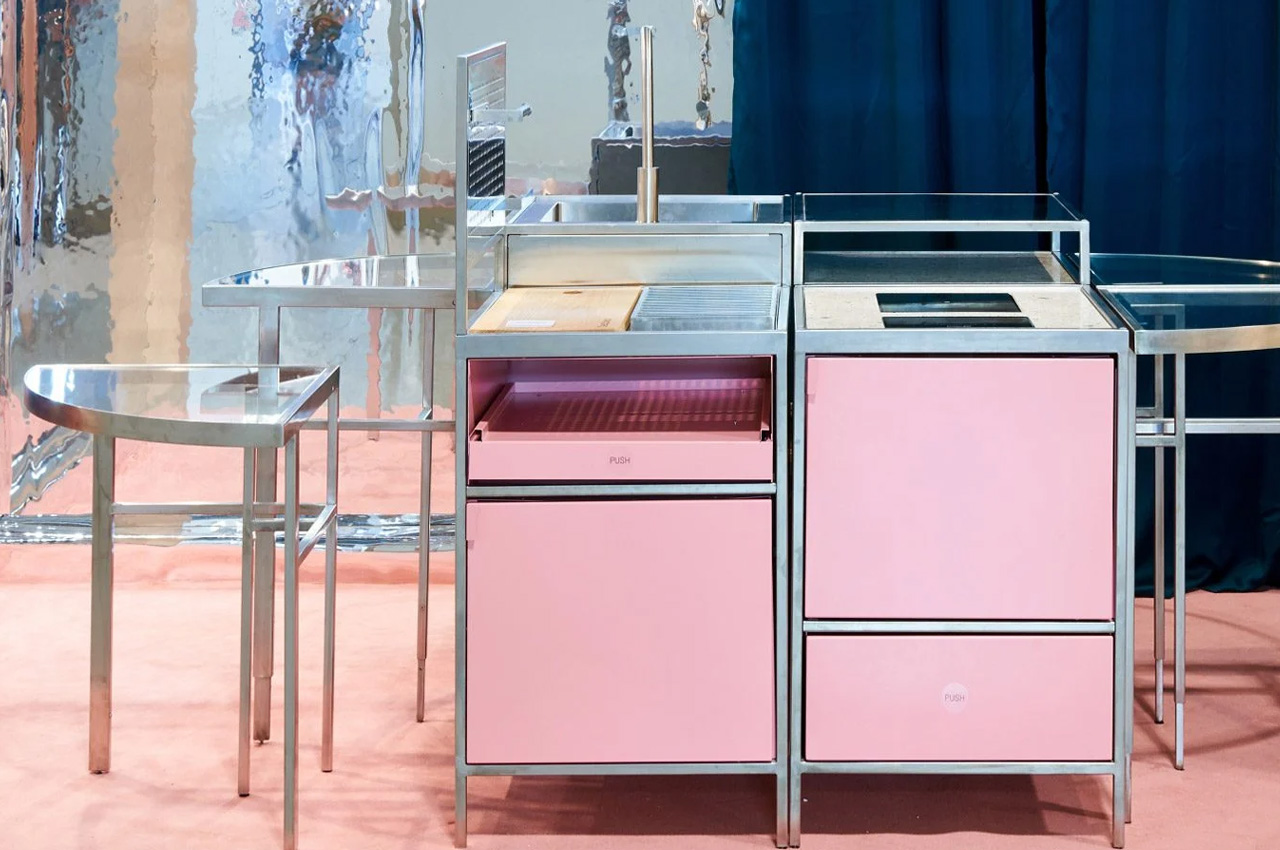
Designed by interior architect Ntaiana Charalampous, co-founder of Dedàleo, this customizable kitchen system is called the Ilo+milo 2.0. It is built from stainless steel modules, and is designed to be an alternative to “the rigid and static nature of traditional kitchens”. Having a flexible and functional kitchen is important in today’s homes which tend to be cramped and stuffy. Hence, a modern kitchen system needs to be adaptable and should perfectly cater to our contemporary homes. And, the Ilo+milo 2.0 makes for an excellent kitchen system for our homes.
Designer: Ntaiana Charalampous of Dedàleo
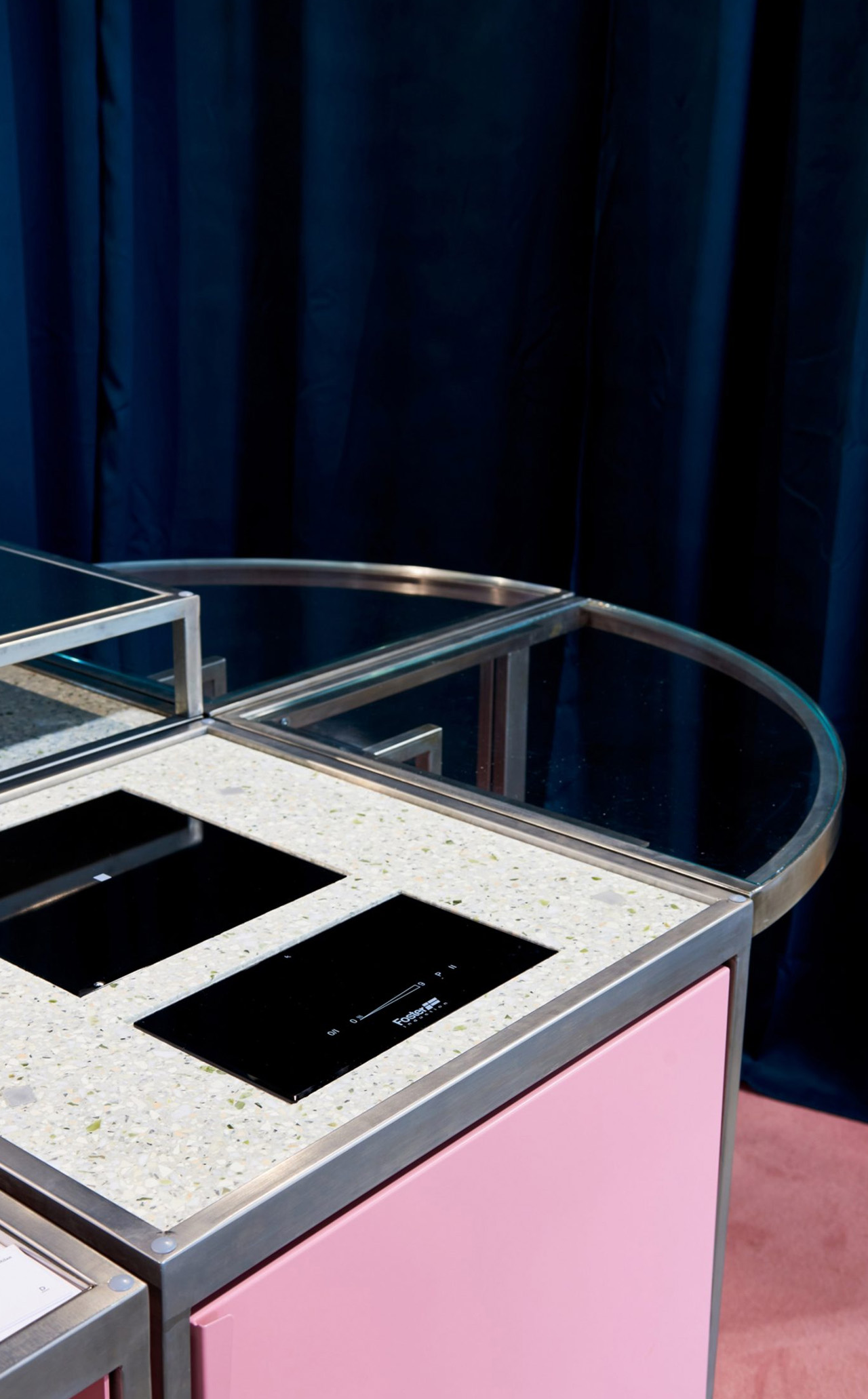
Designed for homeowners and young individuals, the Ilo+milo 2.0 is meant to be an adaptable solution to help users obtain the perfect kitchen layout “Recognising that modern lifestyles are dynamic and ever-changing, the project aims to provide a solution that allows for flexibility and versatility within the kitchen environment,” said Charalampous. “By introducing a revolutionary modular system, Ilo+milo 2.0 enables users to rearrange and reconfigure their kitchen layout effortlessly.”
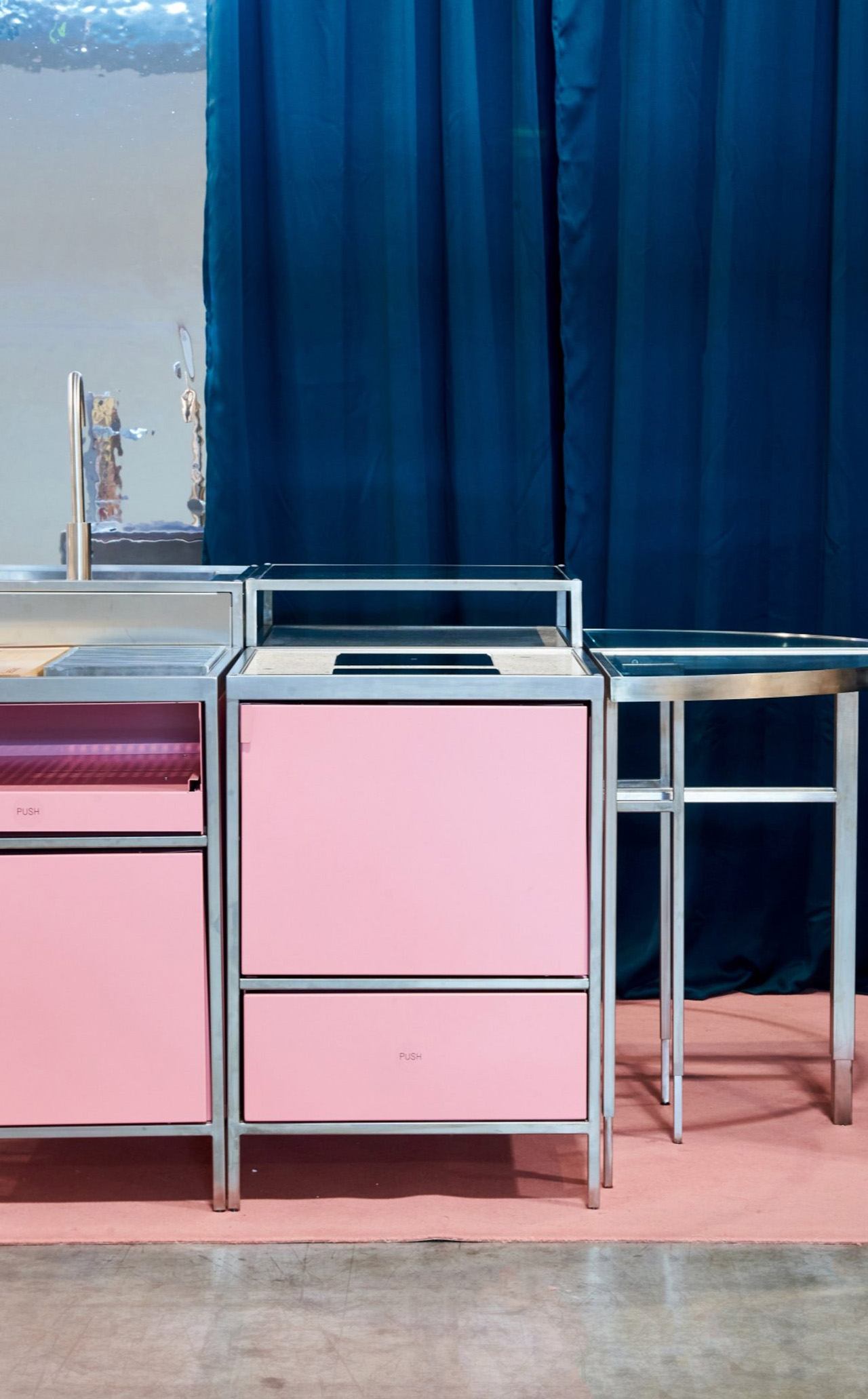
Measuring 60×60 centimeters, the stainless steel system can be combined and configured in multiple ways to build a personalized design that will cater to the niche needs of users. Users can build a generous and open layout by merging the various wall units with a kitchen island, or they can create a compact and space-saving configuration that is better suited for homes with space constraints.
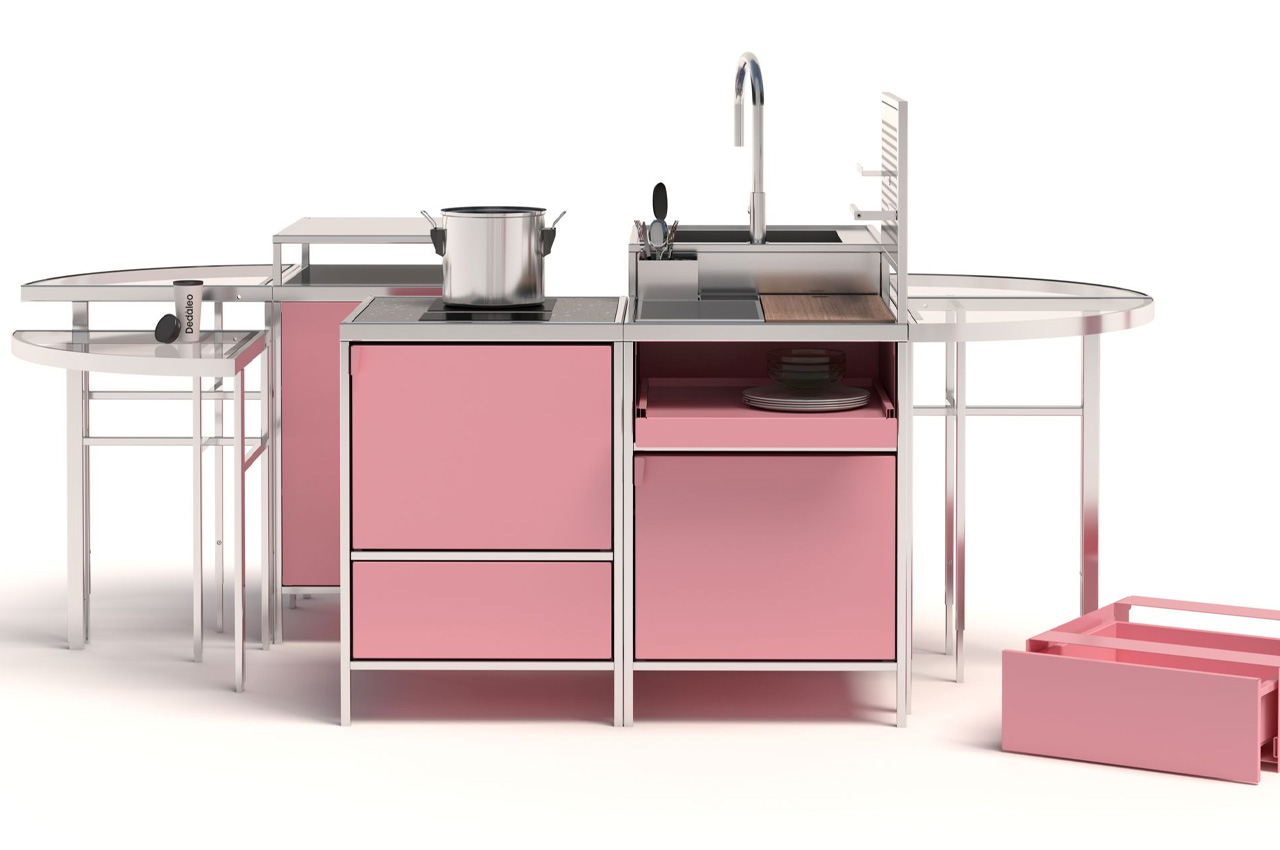
The various modules can be customized in different finishes and materials, and accessorized with drawers, metal doors, and pull-out tops that are available in different colors. Users can pick the color and material options that perfectly suit their taste! The vertical metal elements can be customized as well – plain, perforated, and corrugated. On the other hand, the work surfaces can be built using stainless steel or a terrazzo-like material made from recycled metal and glass waste. The recyclable stainless-steel frames and the worktops built from recycled materials ensure that the product is sustainable, and that waste is minimized during its production. The potential for reuse is also amplified, owing to the use of recycled materials.
